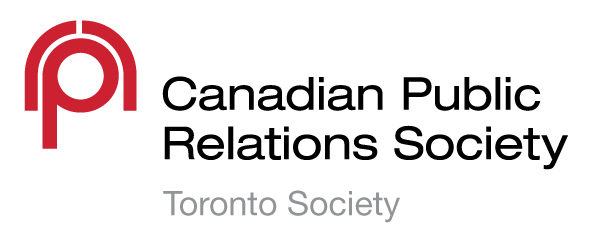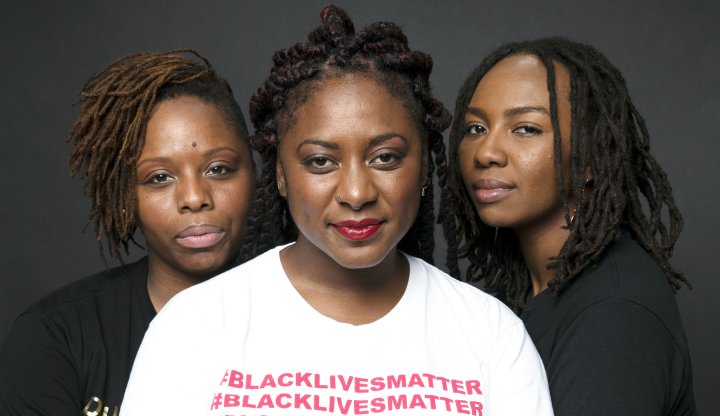Written by: Gail Strachan, Director of Professional Development, Chair, Inclusion & Equity, CPRS Toronto, Organizational Transformation, Accenture Canada
These opinions are Gail’s alone. No copyright infringement is intended.
2020 is the year of action – empathetic, intentional, and necessary regarding anti-black racism. Even in corporate Canada.
More than ever, we are discussing the effects of anti-black racism, systemic racism, and the global response to #blacklivesmatter protests. Dialogue, however, cannot be a veil to the measurable action that must be up-front and centre with the corporate statements being made. Trusted advisors in or outside of communication teams have a critical role to play.
Regardless of where we sit (the C-suite, marketing, communications, or human resources), we have an enterprise role that speaks for our internal and external stakeholders. When plugged into these various groups, our corporate listening allows us to prepare thoughtful, swift, and measurable responses.
We know that crafting a response takes time and that responses need to be validated, approved, and signed off. However, making recommendations about ongoing anti-black racism issues that have continuously taken place in corporate Canada means that some volumes were not turned on.
Anti-black racism has historically not been a source of dialogue at the highest levels of corporate Canada. This sentiment was bravely articulated by now Dr. Hadiya Roderique in 2017, and yet this conversation continues to be on the table.
Understanding stakeholder sentiment means that communication teams can reframe the anti-black racism narrative in corporate Canada.
By now, we have read some of these statements which I have segmented as those who:
- Stand against racism of any form
- Are anti-racist, or
- Are affecting anti-black racism change
There has been study after study discussing the changes required across disparities in socio-economic issues, marketing of products and services, racial profiling, and the social determinants of health. Anti-black racism dialogue in Canada is not new. The corporate tone with respect to anti-black racism should by now be rooted in the culture of every organization and not a part of “crisis” communications.
If a delayed response is currently being managed, communication teams and agencies should ask why anti-black racism has not been at the corporate table until now.
These employee moments that matter will inevitably become the external corporate narrative that will play out over the next 30-60-90 days and year-to-year until what is necessary for change is implemented and measures are put in place to remove the systems of racism.
Let that change include intentional systemic organizational transformation that expands space for black employees at all levels of the organization, from the Board of Directors to hiring practices.
When a corporate statement is being developed, some specific questions need to be asked including:
- How is the Board segmented to include black professionals?
- What is the plan to bring qualified employees (current or new) into leadership roles?
- What is the corporate budget for anti-black racism training?
- What are the indicators being measured at exit interviews specific to black employees leaving the organization?
- Do you have a Black Employee Resource Group? Do they have active and supportive Executive Sponsor?
- How is the budget allocated for Employee Resource Groups?
These actions can be measured as a critical success factor through dialogue which is:
- Empathetic in acknowledgment
- Intentional about learning about anti-black racism
- Inclusive regarding the opportunity to discuss, and most importantly,
- Includes non-black employees as well.
I have built my career on the utmost respect for the power of dialogue and its force to build bridges. Dialogue without meaningful and measurable action, with individuals in the room who have taken responsibility for their position in the dialogue, however, is why we are where we are today.
Corporate Canada has some catching up to do with respect to anti-black racism. Working with your trusted advisors inside and outside of communication teams is the way forward.
Gail is a strategic advisor and communications professional who began her career on Bay Street as a corporate law clerk and moved on to corporate recruiting and communication roles. Now in consulting, Gail is a transformative leader and culture disruptor. She is works with clients to design a workforce culture that will impact employee relations and future transformations. She is completing her accreditation in public relations with the Canadian Public Relations Society and lives in Toronto. These opinions are Gail’s alone. No copyright infringement is intended.

